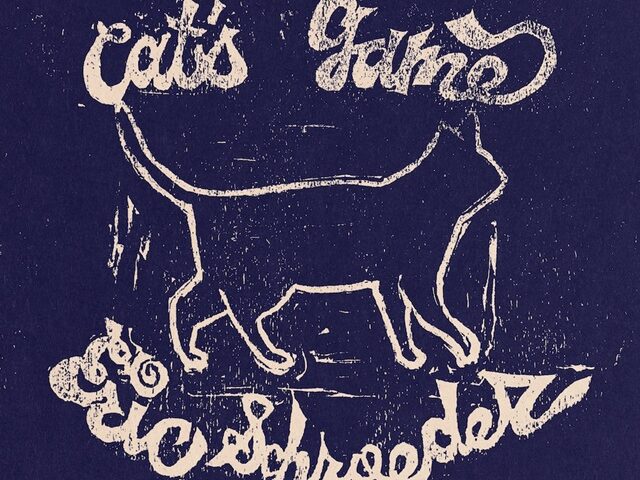
New Orleans-based singer/songwriter Devin Johnson envelops with a relatable, melodic sound across his new album The Future Is So Near. Captivating from acoustic-forward love songs like “Love You More” to the layered rock gem “Painting Pink,” The Future Is So Near is a consistently rewarding listening experience. All instrumentation and vocals on the record are by Johnson, with the exception of “Are You Sad?” which features Sean Spada on some keyboard parts.
“Haircut” opens the album with a steady, warming jangly quality — admitting “I need a haircut to keep my day job,” into mellow vocal harmonies that punctuate with an “I don’t care,” hooky nonchalance. A reference to the album title follows with admissions that “it’s hard sometimes to care,” — perhaps in acknowledgement of a future clouded by anxious uncertainty; the overall tonal disposition throughout reminds fondly of Magnetic Fields in its tendency for poignant lyrical wit and understated yet strongly melodic songwriting.
Following, “Jesus is Gone” evolves from serene acoustics and organs into contemplations as to what a present-day Jesus would resemble, within an examination of religious narratives in general. The production stirs in its psych-friendly guitar additions especially — evident at the mid-point and conclusion in its bright, prancing qualities. Shades of Gruff Rhys show enjoyably in the vocal tone there, while “Are You Sad?” follows with a Jonathan Richman resemblance initially in its comforting vocal reassurances — gliding seamlessly thereafter into effervescent strings and alluring vocals amidst hazy organs; it’s a gripping display of steadily unfolding structural entrancement.
Johnson also impresses with brisker movements on tracks like “Poor Girl” and “Don’t Have Time For You.” The former touts an enthusiastic vocal delivery alongside spirited acoustic frolicking, consuming across both bursting title-referencing vocal enthusiasm and lushly harmonious vocal backings. “Don’t Have Time For You” also rides on a hazy jangling, riding with momentum into the “no more pictures,” passion and title-based catharsis — embracing a new-found sense of individuality within an illuminated range of vocals and guitars.
A dazed psych-rock steadiness takes hold on the fantastic “Painting Pink,” embracing delay and reverb within hypnotic guitar layers and a consistent rhythmic backbone; themes of obsession, destruction, and eventual realization linger within. Much of the album succeeds in fluttering acoustics and budding vocal layers, though “Painting Pink” also showcases Johnson as extremely adept in the more textured rock-forward realm, as well. The album is an immersive success from Johnson, strongly inducing replays through both understated jangly pop and more rock-touched atmospherics.





